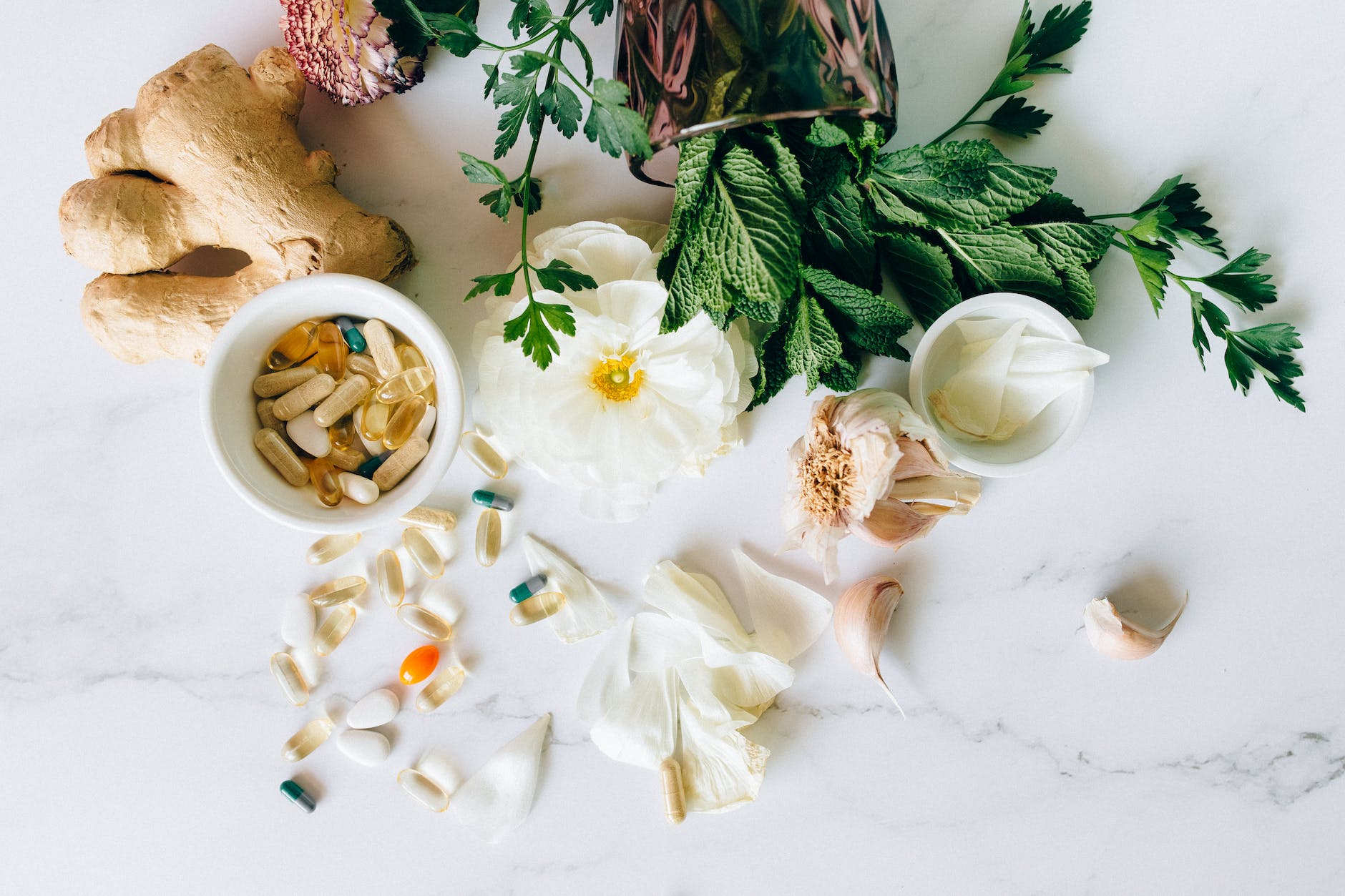Natural Remedies and First Aid: Your Ultimate Handbook For Home Wound Healing

Accidents and injuries are an inevitable part of life, and knowing how to effectively care for wounds at home is a valuable skill. Whether it’s a minor cut, scrape, or burn, proper wound care can make a significant difference in the healing process and reduce the risk of complications.
Well, conventional first aid methods can be great but there are natural remedies and synthetic solutions you should add into your toolkit to help you deal with wounds.
Let’s look into some natural remedies and first aid options you ought to have in your arsenal at home:
Calendula
Calendula, often referred to as marigold, stands out as a remarkable natural remedy when seeking an effective solution for skin healing. This vibrant, yellow-orange flower possesses potent anti-inflammatory and antimicrobial properties, making it excellent in wound recovery.
You can use calendula in various forms, such as infused oils, creams, or ointments. Applying it to minor cuts, scrapes, or insect bites aids in accelerating the healing process while minimizing the risk of infection.
It is an excellent solution particularly for sensitive skin because of its gentle nature. What’s more, the soothing and calming effect of calendula will also provide comfort to your little ones during the sometimes uncomfortable process of wound recovery.
Aloe Vera
Aloe vera gel extracted from the plant’s fleshy leaves is a natural balm for the discomfort of minor burns owing to its cooling and soothing properties.
When gently applied to the affected area, it not only alleviates pain but also hastens the healing process.
Aloe vera will also come through as your sunburn superhero when dealing with sun-exposed adventures. It provides relief from the redness and discomfort caused by excessive sun exposure.
Synthetic Peptides
Other than the natural remedies derived from plants, herbs, or other organic sources, you can also stock up the right synthetic peptides that are showing promise in various aspects of the healing process. Peptides are essentially short chains of amino acids. The synthetic versions like TB-100 are designed to mimic natural peptides and it has been found to promote cell regeneration and tissue repair.
They are believed to have anti-inflammatory effects, potentially helping to regulate the inflammatory response and prevent excessive inflammation, which can contribute to faster and more efficient healing.
It is worth noting that you need the right dosage if you are to harness its benefits. In fact, these peptides tend to exhibit a dose-dependent response, meaning the effects may vary based on the tb 500 dosage administered. The right dosage is crucial to achieving the desired therapeutic outcomes. A low dosage might produce the intended effects, while too high a dosage could lead to adverse reactions or side effects
Arnica
Arnica, extracted from the Arnica montana flower, is a practical addition to your toolkit when it comes to addressing bruises and swelling.
This herbal remedy, often available in gel or cream form, is known for its ability to gently reduce bruising and inflammation. Arnica offers a straightforward solution if you are dealing with the minor mishaps and bumps that are part of any active lifestyle. All you need to do is apply it directly to the affected area.
Lavender Oil
Lavender oil is another go-to companion that is known for natural healing properties. This fragrant potion isn’t just about its pleasant scent. It’s a natural remedy that brings both relaxation and healing to the table.
Just dilute a few drops in a carrier oil, and voila, you’ve got a gentle solution for minor cuts, burns, or pesky insect bites!
As you apply this concoction to your little one’s wounds, the soothing properties of lavender oil not only kickstart the healing process but also create a serene atmosphere.
Additionally, the calming aroma of lavender can help soothe that kind of stress you might experience during the healing process.
Activated Charcoal
Activated charcoal is a versatile remedy that can be used in cases of poisoning or insect bites. With its unique porous structure, activated charcoal has the ability to absorb toxins, making it a potential first response in cases of poisoning.
While not a substitute for professional medical attention, having activated charcoal on hand can serve as a swift and effective initial step in managing such situations.
Additionally, for insect bites, a paste made with activated charcoal can be applied to reduce inflammation and draw out toxins.
Remember, its use is situational and should always be followed by appropriate medical care. All in all, activated charcoal stands as a natural remedy that you can consider as part of your preparedness toolkit for minor wounds you might encounter here and there.
Wrapping up
In a nutshell, you should thus be equipped to handle emergencies like minor wounds. Well, integrating natural remedies into your first aid toolkit not only enhances the healing process but also aligns with a holistic approach to health. That said, remember that in severe cases or emergencies, you should make a point of seeking professional medical attention.

Leave a Reply
You must be logged in to post a comment.